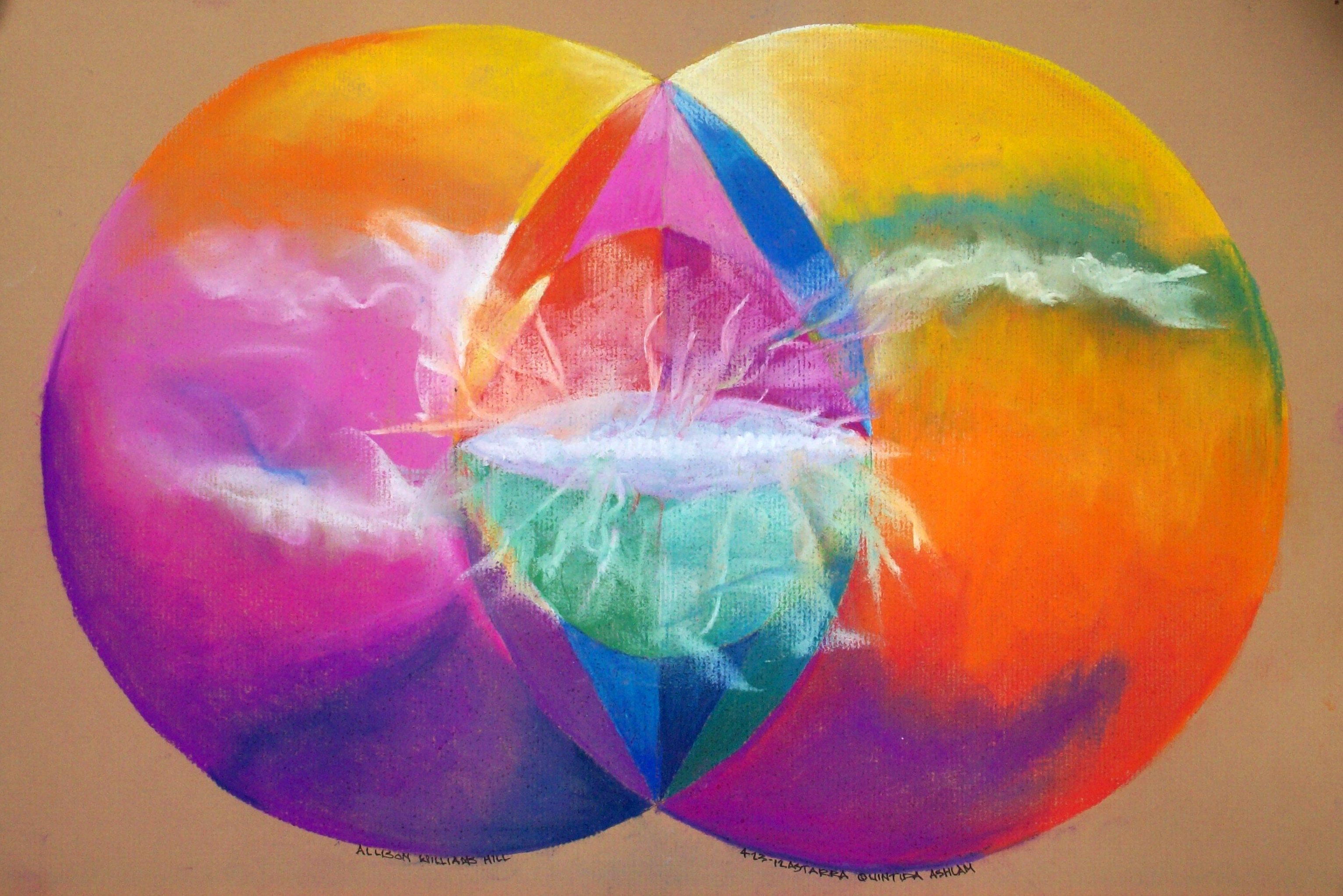Houses
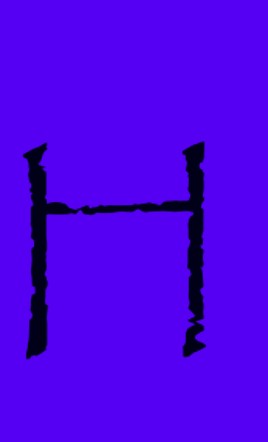
ouses and what is contained within them define who we are. People collect objects and symbols to design an environment that reflects how they want to be known. But they are unaware of how much more there is to it than that.
From "The Hidden Side of Things" by C.W.Leadbeater
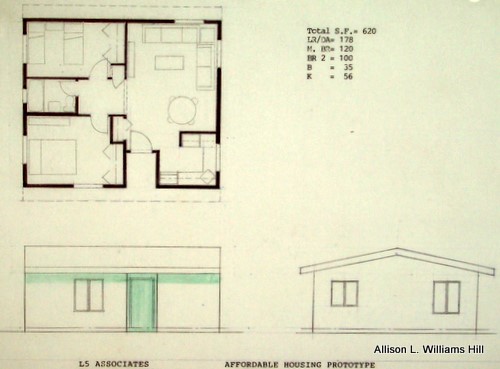
One who is a student of occultism will be guided in choosing a house for himself by a number of considerations which would not be likely to occur to the ordinary man, who probably bases his decision principally on such facts as the size and the rent of the house, whether its drains are in order, and how far it is from the tramway or railway station. Such points as these naturally define the area of his choice; the study of the hidden side of things, while not interfering with these, suggests some additional considerations. From our point of view it is material to have as much room as possible about the house-- to have it as far removed as possible from its neighbours.
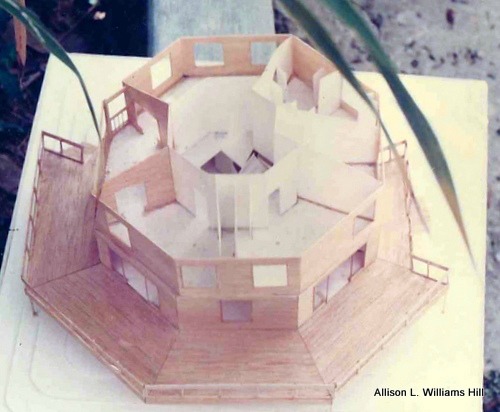
In all those long lines of houses which are so common in our great towns, it is impossible, from the occult point of view, to escape from one' s neighbour. Whenever he walks up to the dividing wall, his aura must project through it, and it will be seen that, with a neighbour in close contact on each side, we are practically in the room with two families, whose tastes and interests may be absolutely different from our own, who may have all sorts of thoughts and aspirations which clash entirely with those to which we wish to devote ourselves. Even a semi-detached house is better than these, for at least in that we share our quarters with only one family, but the truth is that there ought to be no houses but detached houses, however valuable the ground may be.
Certainly no one who understands the power of the unseen influences would take a house which is one of a row, if he could by any possibility avoid it. The same difficulty occurs with our modern flats and apartment houses. They may have many advantages and their fittings may be all that can be desired, but they are always open to this most serious objection. If, however, a man' s circumstances are such that he must thus live in common with others, he will at least do all that lies in his power to secure that these others shall be reasonably harmonious.
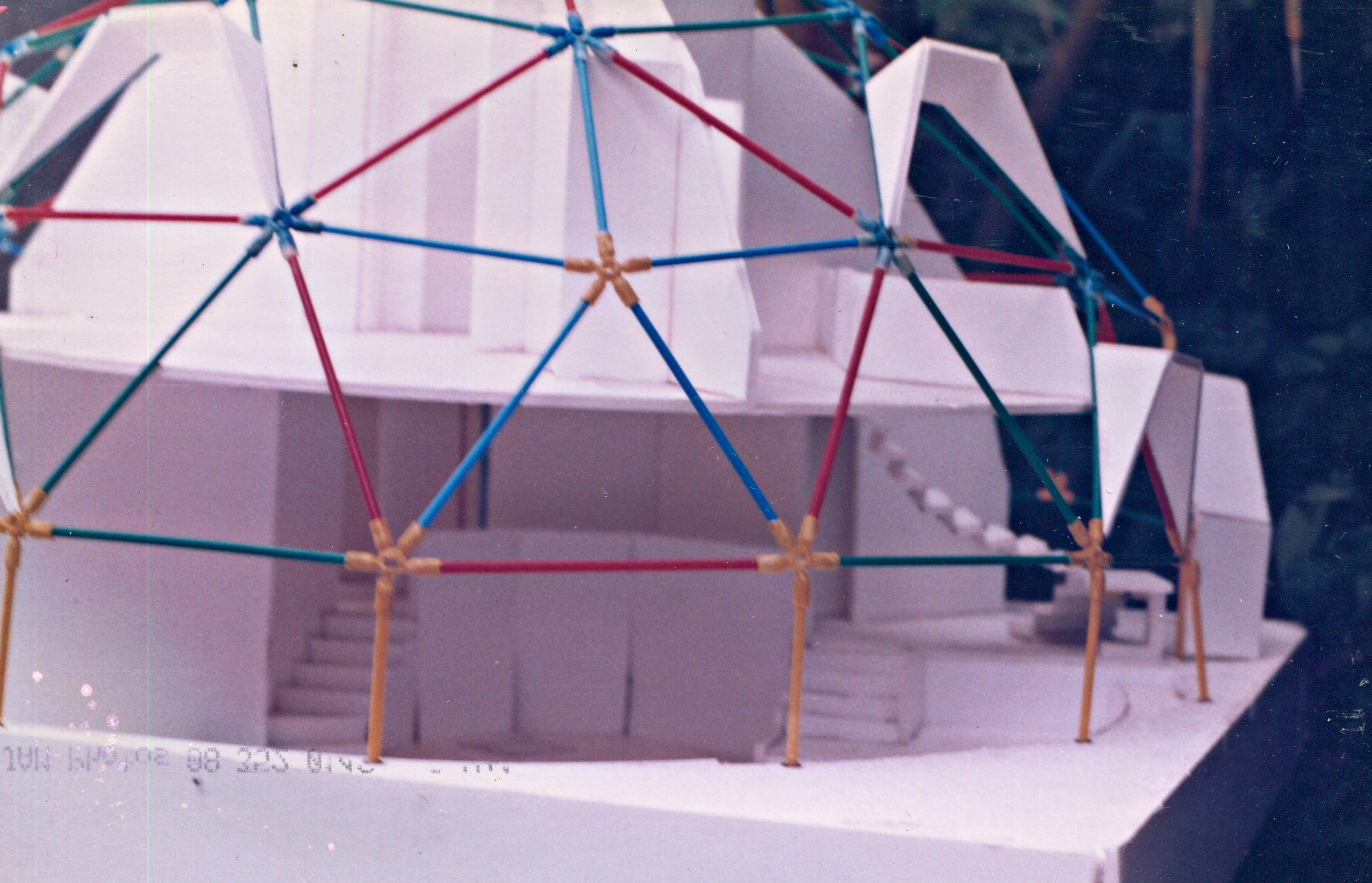
Another weighty matter from the occult point of view is the aspect of the house. Considerations of physical health prescribe that a sunny rather than a dark house should be chosen, and these are emphatically reinforced when we think of the higher worlds. I have already said something as to the imperious necessity of sunshine and of all that it brings with it. Not only physical disease, but irritability and depression fly before the direct rays of the sun; so plenty of sunlight and fresh air are the first and most prominent desiderata.
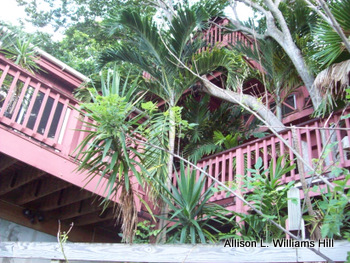
The influences of the immediate neighbourhood must also be taken into account. Under no circumstances whatever ought a man to take a house which is near to a public-house, a slaughter-house, a prison, or a butcher's shop. It is also eminently undesirable to be in close proximity to the office of a pawnbroker or a moneylender, or to any place where violent and acrimonious debates and arguments are frequently held-- in the latter case because of the wearing effect of constant jarring and angry vibrations, and in the case of the usurer because radiations of sorrow and despair are always connected with his business, and often there is bitter hatred as well. A club, too, should be avoided, if it permits gambling.
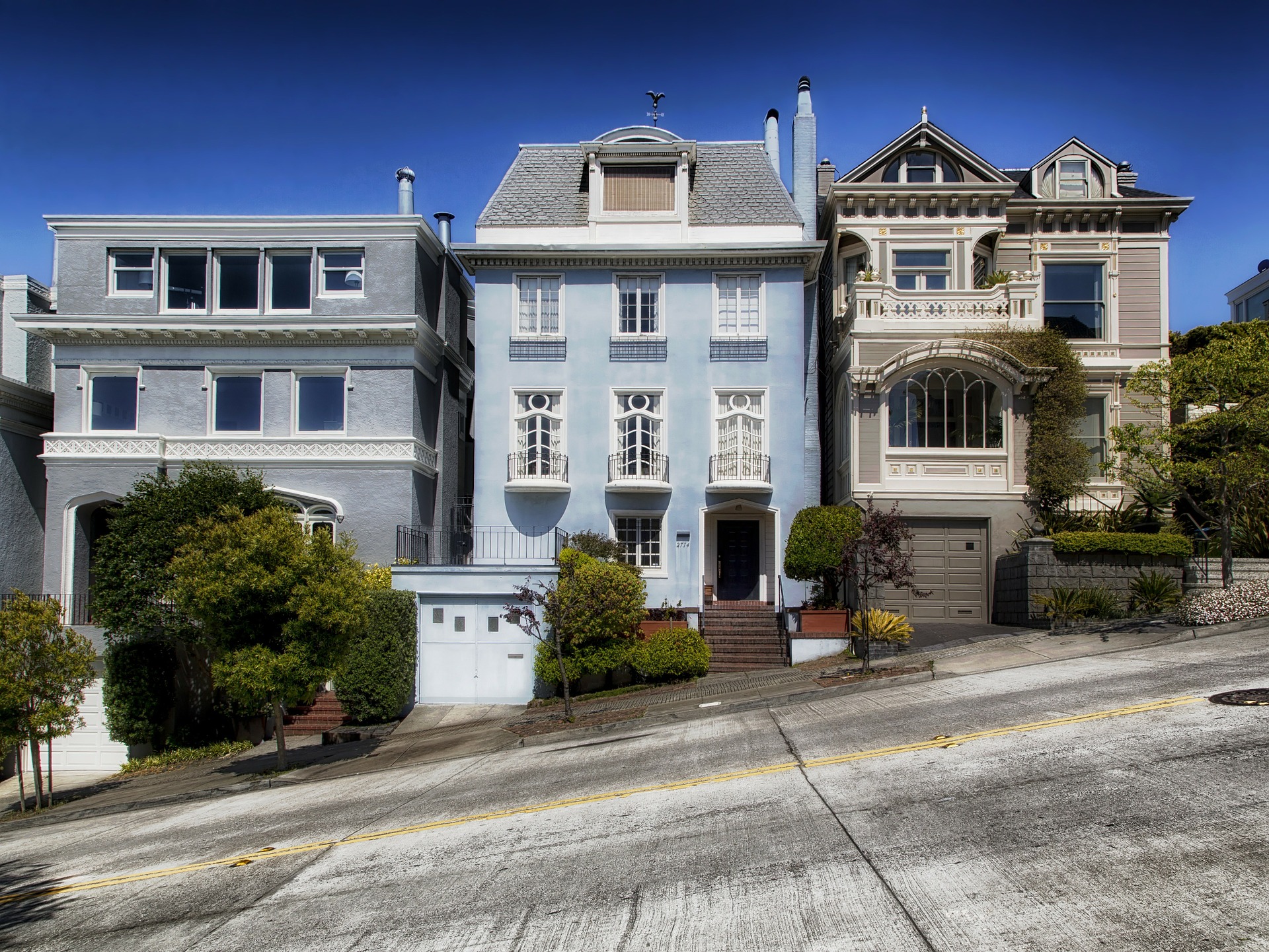
The type of the previous tenants may make a great difference in the comfort of a house. If they have been spendthrifts, if they have been quarrelsome, or if they have suffered deeply from long-continued depression, the place may be so impregnated with thought-forms of those varied types as to be a dwelling quite unsuitable for any sensitive family. This difficulty, however, can be overcome by an elaborate demagnetisation, if the student knows how to do it.
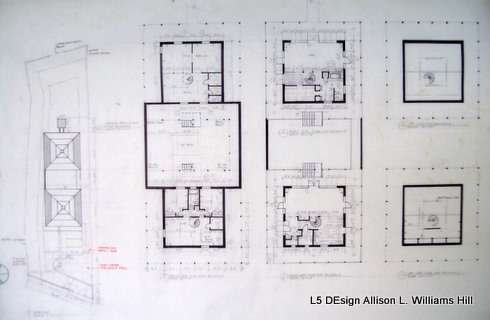
Not only the aspect of the house, as regards the points of the compass, but its aspect in the other sense of the word is also worth noticing. No one should take a house which is ugly, gloomy-looking, or depressing in appearance-- not only because of its effect upon himself when he looks at it, but because it is constantly surrounded by a cloud of thought-forms made by neighbours or passing strangers who are disgusted with its appearance. Even though the house outside be pretty, if there is squalid ugliness in the immediate neighbourhood, it is unsuitable. Above all things to be avoided are those long and monotonous lines of mean and sordid-looking houses which one may see in some London suburbs. A garden of some sort is a most valuable asset. In fact, a little cottage in the midst of a large garden is better than the most magnificent house which stands close upon the road in the midst of a row of others.
Links
